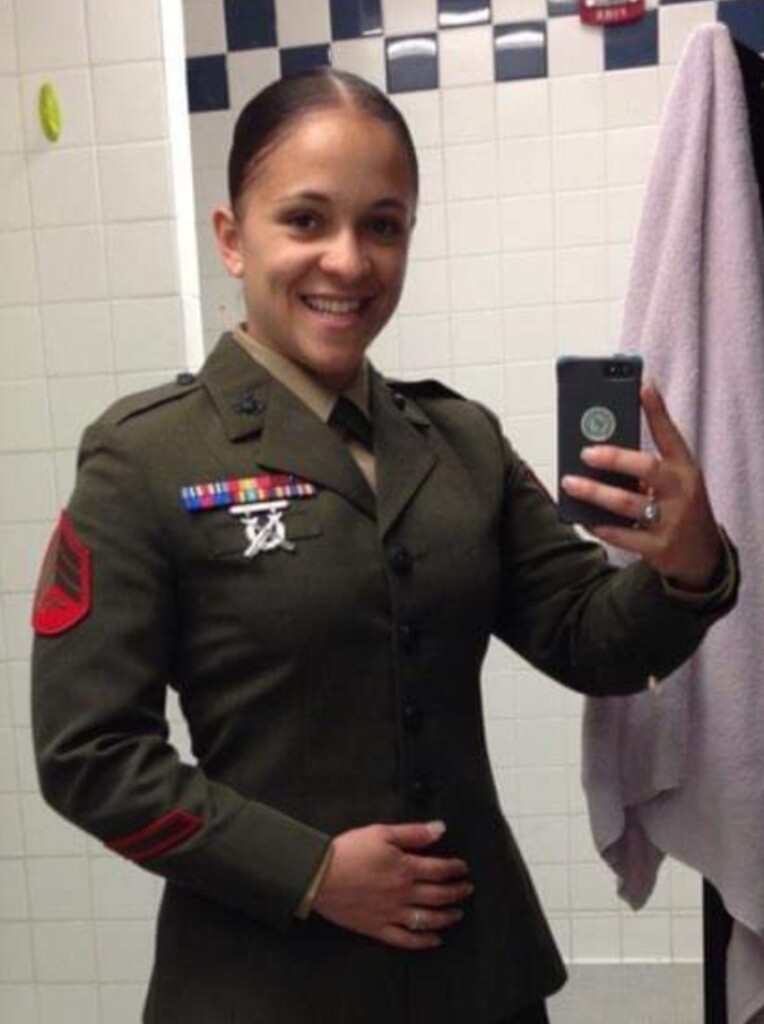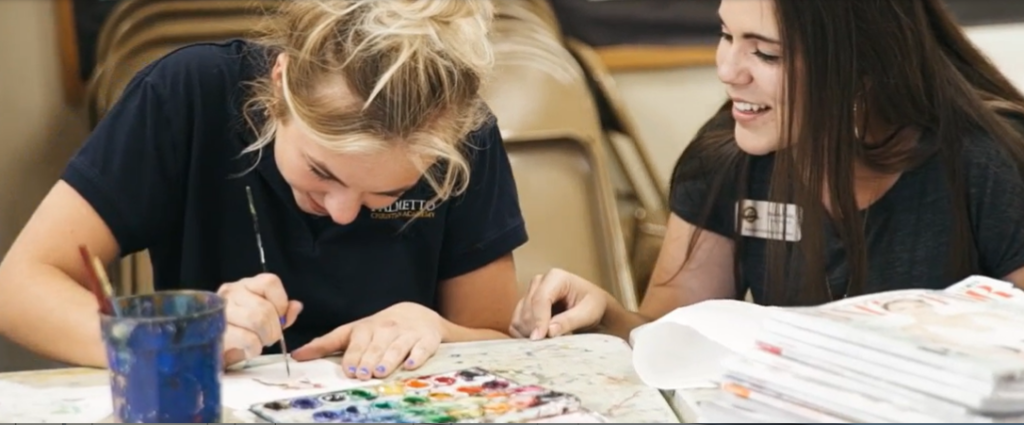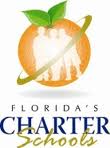
Two South Carolina parents are fighting to reclaim the power to direct their children’s education after a state Supreme Court ruling ripped it away only weeks into the new school year.
Yamilette Albertson Rodriguez and Constantine Shulikov teamed up with the national nonprofit law firm Institute for Justice to file a lawsuit Thursday to restore South Carolina’s Education Scholarship Trust Fund (ESTF) program. Lawmakers passed the program last year so that children from low-income families could use the scholarships to attend private schools. The education savings account also lets parents direct funding to buy approved education-related materials.
The parents' lawsuit, filed in the South Carolina Supreme Court, challenges the federal constitutionality of a state Department of Education policy that prohibits parents from using their children’s scholarships to pay for tuition at private schools. That policy came after the South Carolina Supreme Court ruled that letting the parents spend their funds on private school tuition violated the state’s constitutional ban on direct aid to private schools.
The parents’ lawsuit contends the state court ruling and resulting education department policy violates the U.S. Constitution.
“Because of this prohibition, five thousand low-income families lost the ability to use their scholarships to attend private schools,” said IJ educational choice attorney David Hodges. “This is a travesty not only for these children, but for the rule of law. These education scholarships were meant for every family — not every family except the ones who choose a type of education that the state constitution disfavors.”
South Carolina’s ESTF program was created in 2023. The program gives thousands of qualifying, low-income families a $6,000 scholarship that parents can use to purchase educational expenses. When the program was created, qualifying expenses included, among other things, tuition and fees at public and private schools, textbooks and curriculum for homeschooling, tutoring, school supplies, therapies, exams, and extracurricular activities, as well as any other educational expense approved by the state Department of Education.
Once the program was signed into law Rodriguez and Shulikov jumped at the opportunity to send their children to private schools that better fit their educational needs than the public schools in which they were enrolled. But, due to the Department of Education’s response to the ruling, the quarterly payments cannot be used on tuition anymore.
“It feels like I’ve had the rug pulled out from under me,” said Rodriguez, a Marine veteran who used funds from the program to enroll her 17-year-old daughter and 6-year-old twin sons in a private school. “My kids are succeeding in subjects that they used to struggle in, but without the scholarship money, I’m not sure how I’m going to afford tuition.”

Yamilette Albertson Rodriguez is one of two South Carolina parents suing to restore the state's Education Trust Fund Scholarship program.
Rodriguez, who was deployed to the Middle East to help conduct counter-piracy operations, is the sole income provider in her household. In addition to providing for her three children, she takes care of her 65-year-old father who recently moved in due to chronic health issues, including cancer. She felt her daughter’s original public school was below her expectations. Now, her daughter is succeeding in class and receiving support to pursue higher education. The teenager is so passionate about the education she’s receiving that she offered to get a job at a shoe store to help pay for her brothers to also attend the school. The job made the difference. Between Rodriguez's and her daughter’s earnings, Albertson’s savings, and the ESTF Program, the family was able to pull together enough money to pay for the education of all three children at the school. The court ruling, issued just weeks after the start of the 2024-25 school year, sent scholarship families scrambling for alternatives.
A $900,000 donation from billionaire Jeffrey Yass and other charitable contributions threw them and other families a lifeline, but that lasts only until the end of 2024.
The issue for South Carolina and 37 other states, has what is called a “Blaine Amendment.” These amendments, named after former Maine Sen. James Blaine, typically restrict public funds from being used for the “aid” or “benefit” of religious schools. However, South Carolina’s Blaine Amendment goes much further than those in other states and bans public funds from being spent “for the direct benefit” of any private school, regardless of religion. It is this provision, as interpreted by the South Carolina Supreme Court, that the South Carolina Department of Education is now using to justify its ban on the use of the ESTF Program to pay for private school tuition and fees.
IJ’s lawsuit argues that the state’s application of its Blaine Amendment is unconstitutional under two landmark United States Supreme Court cases: Meyer v. Nebraska, which recognized the right of parents to direct the education of their children; and Pierce v. Society of Sisters, which held that this right includes the right to send one’s children to a private school.
“South Carolina allows low-income families to use their scholarship funds on virtually any type of educational expense, public or private, except one: tuition at a private school,” IJ senior attorney Michael Bindas explained. “The state is penalizing parents who choose private schools for their children, a choice protected by the U.S. Constitution. The state cannot point to the South Carolina Constitution as justification for this discrimination, because the federal Constitution prohibits it.”

Palmetto Christian Academy in Mount Pleasant, SC, is one of 419 private schools in the state serving 68,110 students.
Editor’s note: This article appeared last week in the Charleston, SC., Post and Courier.
A proposal that could send South Carolina parents roughly $7,000 yearly for private K-12 education represents the latest in an 18-year push by school choice advocates, with the pandemic adding to arguments on both sides.
The renewed debate kicked off Jan. 12 with testimony before a Senate panel. No vote was taken on the bill, estimated to cost $35.7 million in its inaugural year, when up to 5,000 students could participate.
But the early hearing, held on the second day of the 2022 session, indicates the priority Republicans, who dominate the chamber, put on the effort. The legislation, co-sponsored by 22 Republicans, is back before the same subcommittee that advanced a similar proposal in March 2020, days before COVID-19 cut all debate short. That vote was tentative, with even the bill’s co-sponsors saying many questions remained.
Support has ramped up since, advocates say, due to parents’ frustrations with public school closures and online learning — or lack of learning — amid the pandemic. The state Republican Party has made vouchers a priority, and the issue could dominate this year’s race to replace retiring Republican state Education Superintendent Molly Spearman.
“A lot of what has happened with COVID has exacerbated the issue. More people are talking about it,” Senate Majority Leader Shane Massey, a co-sponsor of the voucher bill and the education subcommittee chairman, told The Post and Courier before the meeting. “It has mobilized a lot of the public who was not mobilized before.”
To continue reading, click here.
 Florida: State Education Commissioner Gerard Robinson responds to newspaper questions about charter schools and vouchers. (Tampa Bay Times Gradebook blog) He suggest school choice critics have a double standard. (redefinED)
Florida: State Education Commissioner Gerard Robinson responds to newspaper questions about charter schools and vouchers. (Tampa Bay Times Gradebook blog) He suggest school choice critics have a double standard. (redefinED)
Wisconsin: Vouchers have become an issue in the Democratic primary for governor between candidates Tom Barrett and Kathleen Falk. (wispolitics.com)
South Carolina: Jeb Bush talks education reform and school choice at a summit for educators, lawmakers and business leaders. (Associated Press) Parents rally for choice as Legislature considers several proposals. (The State)
Connecticut: Public school choice lottery leaves thousands of Hartford-area students without the school of their choice. (Hartford Courant)
Virginia: State Board of Education approves the state's first full-time virtual school. (Richmond Times-Dispatch) (more…)
 Florida: State report says charter school students perform better than peers in traditional public schools. (Florida Times Union) State task force will begin planning for digital learning. (Orlando Sentinel)
Florida: State report says charter school students perform better than peers in traditional public schools. (Florida Times Union) State task force will begin planning for digital learning. (Orlando Sentinel)
Washington, D.C.: President Obama should support the D.C. voucher program, which has shown good results and enjoys bipartisan support, the Washington Post editorializes.
Montana: Businessman gives $4.6 million to expand private school choice. (Bozeman Daily Chronicle)
New Hampshire: Lawmakers begin planning override of Gov. John Lynch's potential veto of a bill to establish tax credit scholarships. (New Hampshire Union Leader) (more…)
 Louisiana: State Superintendent John White: Teachers are soldiers in fight for social justice. (Baton Rouge Advocate) State House passes bill for program similar to tax-credit scholarships. (New Orleans Times Picayune.) Voucher and charter school proposal rolls through state Senate committee. (Shreveport Times.)
Louisiana: State Superintendent John White: Teachers are soldiers in fight for social justice. (Baton Rouge Advocate) State House passes bill for program similar to tax-credit scholarships. (New Orleans Times Picayune.) Voucher and charter school proposal rolls through state Senate committee. (Shreveport Times.)
South Carolina: State House passes major expansion of school choice, including tax credit scholarships for low-income students and students with disabilities. (Associated Press)
New Hampshire: State House passes tax credit scholarship bill, but Gov. John Lynch has "real concerns." (Nashua Telegraph)
Oregon: Op-ed: Expanding school choice will promote student responsibility. (News and Herald) (more…)